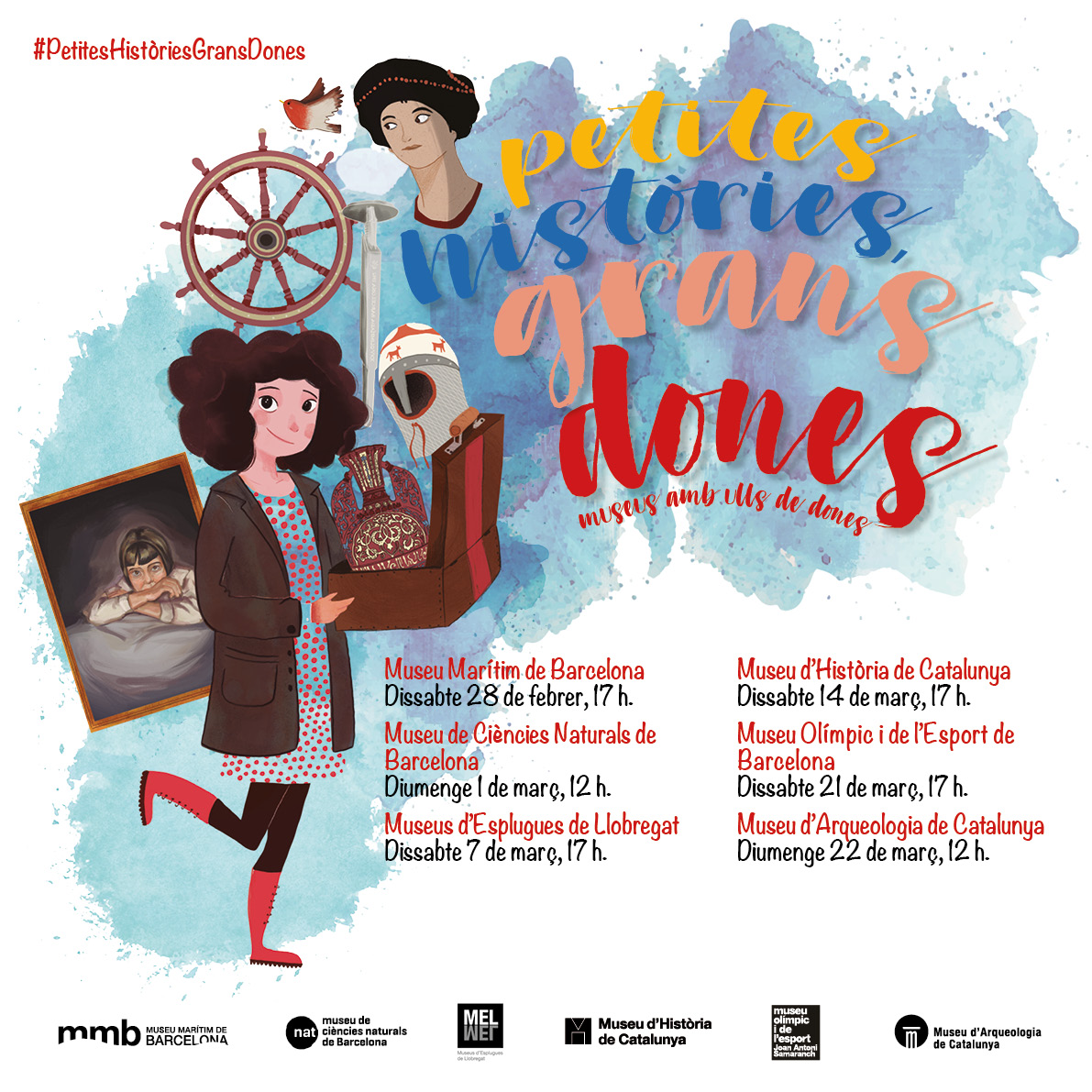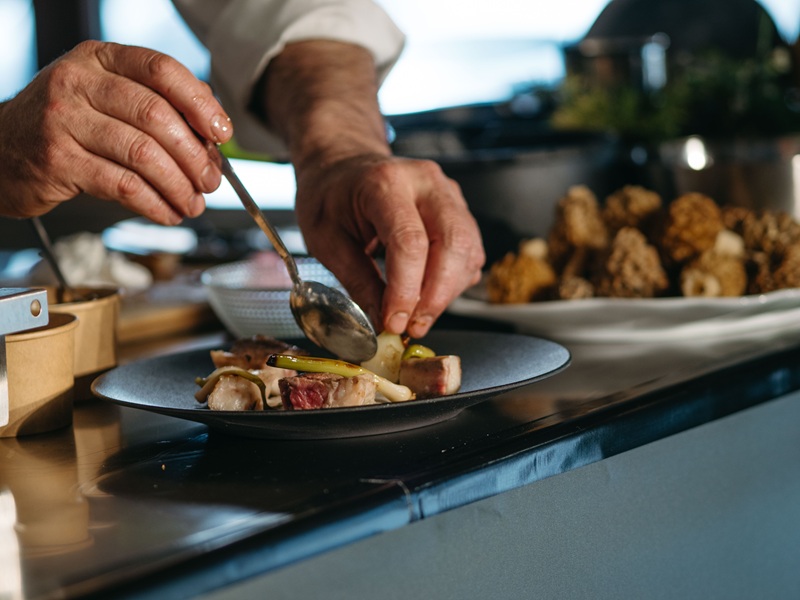The Museum of Contemporary Art of Barcelona (MACBA) welcomes with open arms the provocative work of Coco Fusco, who with her unique style invites us to reflect on crucial issues such as power, identity and colonialism. The exhibition entitled “I have learned to swim dry” becomes a must-see for those seeking a powerful social critique, without losing sight of artistic beauty.
A journey through the work of Coco Fusco
From May 23, 2025, to January 11, 2026, Fusco, whose Cuban ancestry has been a pillar in his work, presents at MACBA his most complete oeuvre to date. The artistic itinerary offers a hundred creations ranging from video art and performance to photography and essays. This multidimensional collage highlights how Fusco delves into the racial and political conflicts that shape the United States and Cuba.
Themes that resonate
Power, homeland and identity are common themes that Fusco explores with a sharp and critical eye. Cuba, her offspring, emerges as a constant protagonist, serving as a backdrop to a narrative in which the United States and its contemporary policies are not far behind. She delves into the rise of the right, colonial legacies, and how these forces impact a discourse that prioritizes the collective.
Fusco also challenges the art world and the way in which systems of power affect contemporary thought. This exhibition is not only a reflection of his aesthetic concerns, but also of his political commitment, articulated with a clarity that seeks to transform.
A high-level curatorship
Elvira Dyangani Ose, director of MACBA, has led the difficult task of curating this exhibition, a clear message of the international collaboration between the museum, El Museo del Barrio in New York and the Ford Foundation. This joint effort reinforces the importance of forums where artists can critique the system and seek change.
The opening of the exhibition, scheduled for May 22, promises a scintillating encounter. The conversation between Fusco, Dyangani Ose, poet Néstor Díaz de Villegas, and artist Sandra Ceballos will add layers to an already deep and resonant dialogue.
Culture in motion: Cuban independent cinema
Accompanying the exhibition, May will witness a cycle of Cuban independent cinema entitled “La memoria es un paisaje derruido” (Memory is a crumbling landscape), curated by José Luis Aparicio. Here, the connection between filmmaking and Fusco’s work becomes tangible, showing how cinema also serves as a vehicle to explore the cultural and historical dilemmas that trouble Cuba.
This cycle not only complements Fusco’s exhibition, but also enriches the understanding of the socio-political context that nurtures his artistic work. The memory of a people and reflections on their destiny are displayed on the screen, adding an enriching visual component.
The power of art criticism
Coco Fusco’s work should not go unnoticed. It not only criticizes; it proposes, moves and, at times, discomforts. But that discomfort is necessary. It invites the visitor to rethink his or her vision of the world, of power dynamics, and the way history is told and rewritten.
Fusco teaches us to “swim dry”, to navigate in a sea of ideas and emotions where art and politics intertwine in an almost organic way. His work is not a consolation, it is a wake-up call that prompts us to reflect on our role as individuals within the global framework.
In the end, visiting Coco Fusco’s exhibition at MACBA is more than just enjoying art; it is an exercise in collective introspection, a commitment to social transformation and an exciting journey through themes that do not always find the space they deserve.



